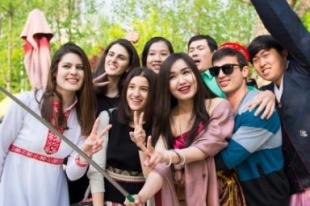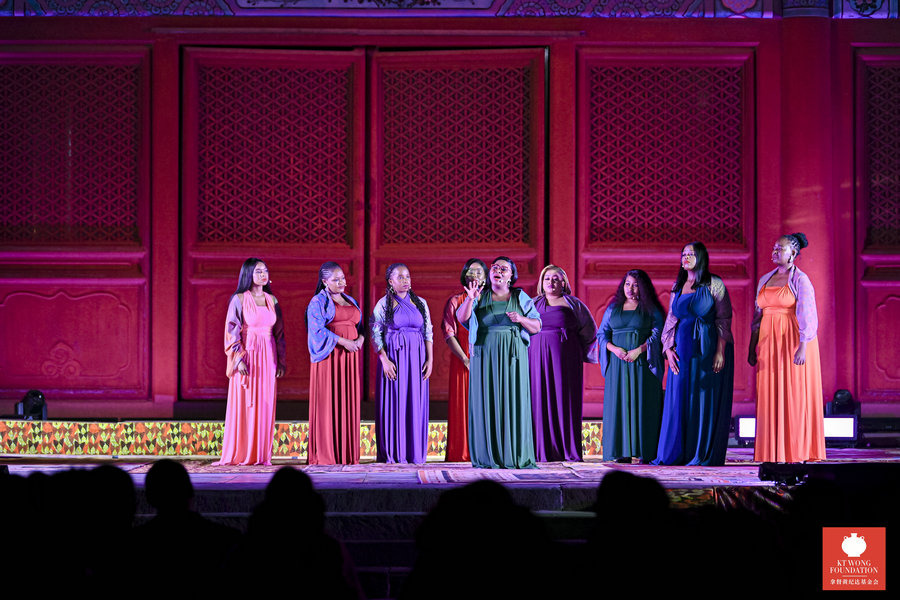DUFL booms as bilingual talent hub

The DUFL is planning to teach more languages originating from countries relating to the initiative, such as Kazakh, Ukrainian, Polish and Czech.
"People are concerned about the development of translation software and artificial intelligence. But I think machines can never replace humans, since language has a strong emotional element," says Liu, adding that the graduates from the DUFL are playing a more important role in various fields about international communications and cooperation.
For example, more than 1,000 students majoring in Spanish have graduated from the university since 2002. They are now working at the Ministry of Foreign Affairs, the Ministry of Commerce, and several other ministries, as well as companies doing business with Spanish-speaking countries.
Backed by a strong Spanish-teaching faculty, the DUFL set up a research center for Andean countries, the first of its kind in China. The center's launch ceremony was held on Oct 27 in Dalian and was attended by the ambassadors of Bolivia, Colombia, Ecuador, and Peru to China.
The DUFL aims to build the research center into an academic institution and a new type of think tank that integrates academic research, policy advisory and international exchanges between Spanish-majoring students in China and Latin American nations.
"We plan to carry out in-depth research about culture, investment policy, laws and regulations and other aspects of Latin American countries, and further expand cooperation with Latin American colleges and universities in aspects of joint training, research cooperation, and faculty and student exchanges," she says.
Giving full play to the academic advantages of foreign languages, the DUFL is deepening efforts to develop different disciplines through integration and international cooperation.
The university boasts many international research institutions such as the China-Japan-ROK cooperation research center, a translation research center, and a center for the overseas communication of Chinese culture. It set up seven research centers on countries and regions including Russia, Ireland and northeast Asia and in 2017 registered them with the Ministry of Education. The university also has several State-level platforms for international cooperation, such as a China-Russia students exchange base and a multi-language base in Dalian for the international promotion of the Chinese language.
"The DUFL will cultivate more versatile talent and contribute more to international communications," says Liu.




































